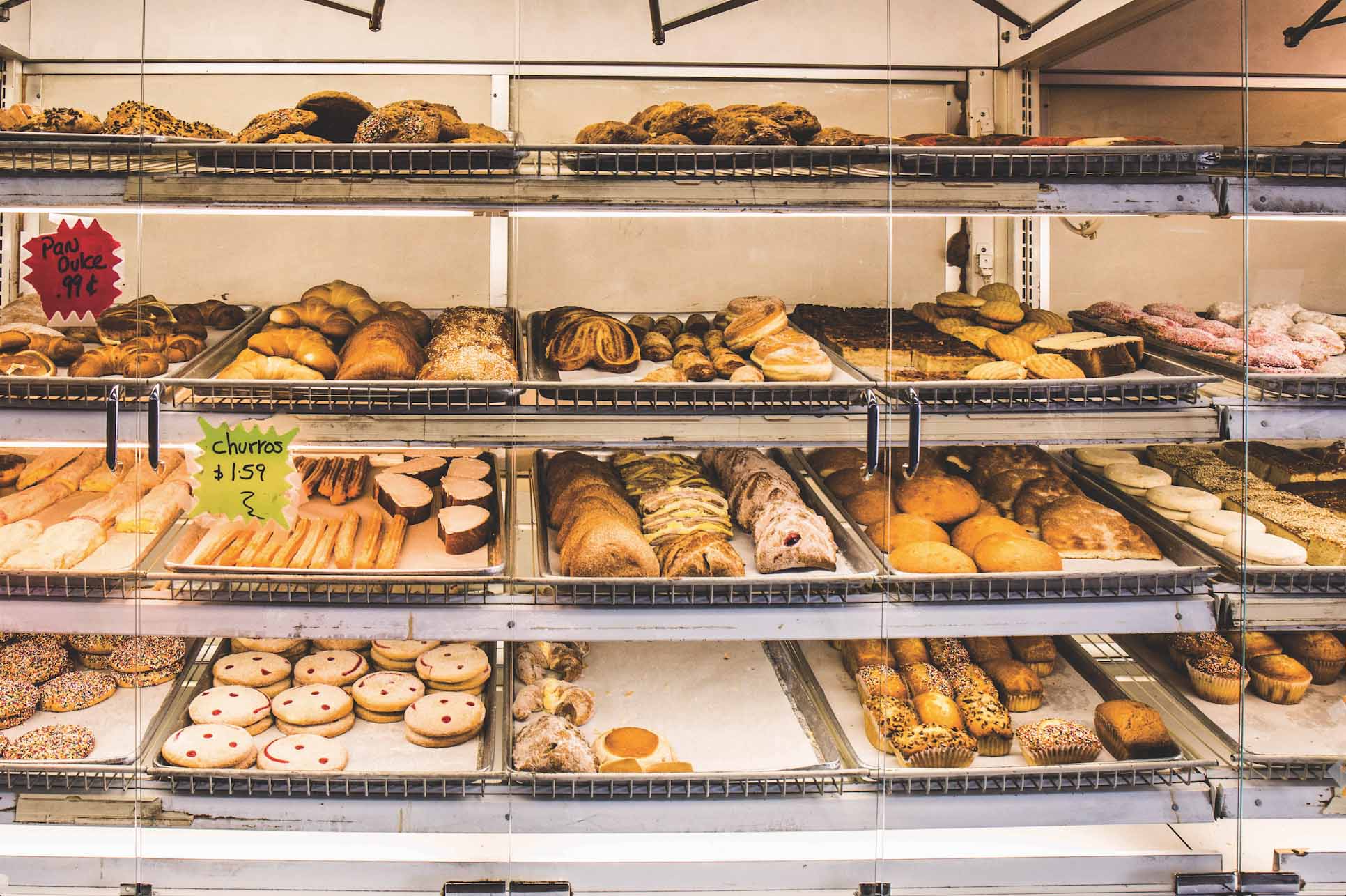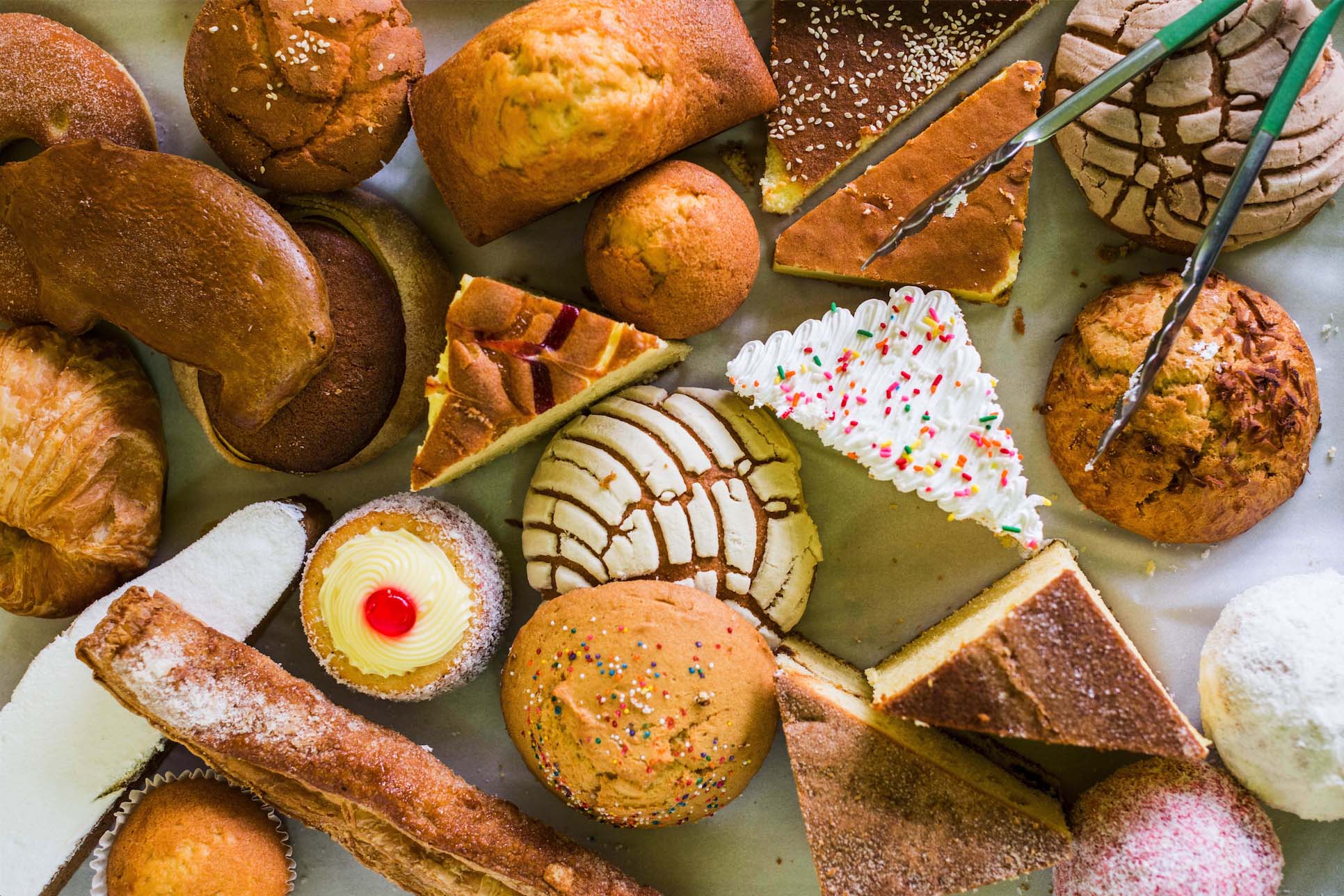The Feast of Saint Mary At Nashville's panaderías, a pastry chef finds meaning beyond bolillos
My maternal grandmother, Mary Gutierrez, whom I called Nana, died when I was ten. It would take me more than twenty years before I would have the courage to find my way back to her.
![]()
I took a giant step when I began obsessively stalking panaderías in my adopted hometown of Nashville about five years ago. There, on Nolensville Pike, I saw women who looked like my nana, tasted tortillas that recalled her skill, and recognized an intimate spirit of generosity and care that defined my formative years. This was not just a flirtation with new pastry.

She did not speak of her family that I can remember. And she did not speak to anyone in her native Spanish with the exception, it seems, of me.
Nana dropped out of school in the sixth grade to pick lettuce instead of learning math or poetry. She left the small village near the Zuni reservation in New Mexico where she was born and settled with her Mexican father, Pablo, and her Zuni mother, Anita, outside of San Bernadino, California. She married a white man, my grandfather William Aldridge, when she was barely seventeen. As a military wife, she traveled the country, raised four children, and worked in various factories. She left most of what she was behind and spent a lifetime replacing her language and her culture with that of my Mississippi-born and -bred grandfather. My Nana did not talk about where she came from. She did not speak of her family that I can remember. And she did not speak to anyone in her native Spanish with the exception, it seems, of me.

I am a pastry chef—a woman who uses her hands to work dough and feed people. Until recently, I denied the legacy of the woman who taught me about graciousness and giving and who was expert at the very craft I have built my life and career on. Panaderías changed that.

The first time I walked into what I now consider “my” panadería, El Nuevo Día, I was transfixed by a woman making tortillas. Deft and fast, she mounded the masa, dipping her fingertips into a bowl of water first, then, as if she had done it a million times over a million years, pressing and slapping the round of dough onto her skillet. The glorious funk of fresh masa enveloped me. My feet were on the ground. But I was no longer in my body. The room felt dimmer. My face immediately was hot and wet with tears that I didn’t expect until I felt them sliding down my neck.
I had found her.


When I speak, in my broken Spanish, to these bakers, their families, and their customers, I feel far removed from the language Nana spoke to me as a child and from the generations of women whom I look like and who made me. At times I question if I should be in these panaderías, asking questions, trying to get to know the bakers while my friend Andrea Behrends takes photos. When I start to wonder whether my path through panaderias and tortillas is worthy, I look to the late John Egerton for guidance. He would have understood why I feel safe here, tiptoeing my way toward family truths, toward my place in our region.
Find the panadería in your neighborhood. Make it the place you know well enough that you know precisely what time the bolillos come out of the oven. Find the local tortillería where you can buy fresh tortillas. Take part in that community of humans feeding themselves and each other. Be a part of that simple connection.
Lisa Donovan is a Nashville-based pastry chef and writer. She spoke about panaderías at the 2017 SFA Fall Symposium. Andrea Behrends is a photographer in Nashville.




